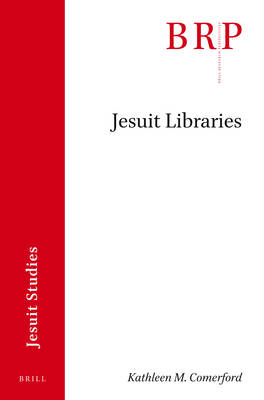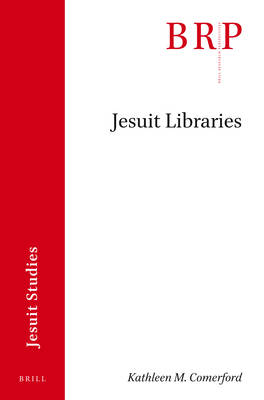
- Afhalen na 1 uur in een winkel met voorraad
- Gratis thuislevering in België vanaf € 30
- Ruim aanbod met 7 miljoen producten
- Afhalen na 1 uur in een winkel met voorraad
- Gratis thuislevering in België vanaf € 30
- Ruim aanbod met 7 miljoen producten
Omschrijving
The Society of Jesus began a tradition of collecting books and curating those collections at its foundation. These libraries were important to both their European sites and their missions; they helped build a global culture as part of early modern European evangelization. When the Society was suppressed, the Jesuits' possessions were seized and redistributed, by transfer to other religious orders, confiscation by governments, or sale to individuals. These possessions were rarely returned, and when, in 1814, the Society was restored, the Jesuits had to begin to build new libraries from scratch. Their practices of librarianship, though not their original libraries, left an intellectual legacy which still informs library science today. While there are few European Jesuit universities left, institutions of higher learning administered by the Society of Jesus remain important to the intellectual development of students and communities around the world, supported by large, rich library collections.
Specificaties
Betrokkenen
- Auteur(s):
- Uitgeverij:
Inhoud
- Aantal bladzijden:
- 92
- Taal:
- Engels
- Reeks:
Eigenschappen
- Productcode (EAN):
- 9789004462809
- Verschijningsdatum:
- 17/11/2022
- Uitvoering:
- Paperback
- Formaat:
- Trade paperback (VS)
- Afmetingen:
- 150 mm x 234 mm
- Gewicht:
- 158 g

Alleen bij Standaard Boekhandel
+ 286 punten op je klantenkaart van Standaard Boekhandel
Beoordelingen
We publiceren alleen reviews die voldoen aan de voorwaarden voor reviews. Bekijk onze voorwaarden voor reviews.










